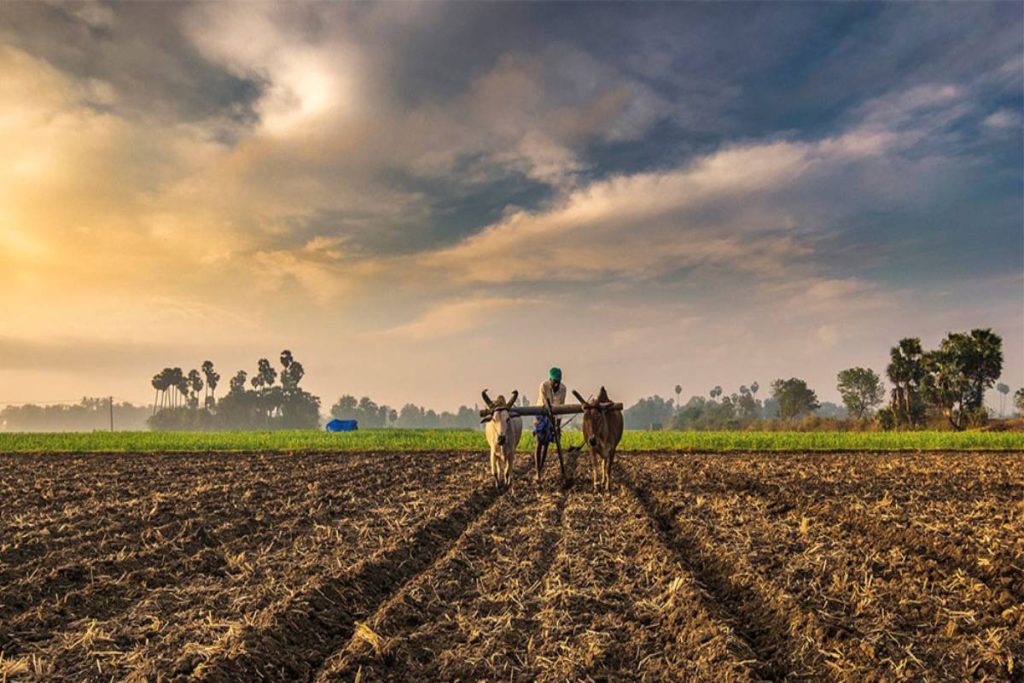Introduction
Agriculture remains the backbone of Zambia’s economy — employing more than 60% of the population and contributing significantly to national GDP. But in recent years, a new wave of innovation has emerged in the sector. The “farm-to-table” concept is reshaping how Zambians produce, process, and consume food.
This transformation goes beyond traditional farming. It’s about creating a sustainable agricultural value chain that connects farmers directly to consumers — adding value at every stage.
In this article, we explore five agri-business ideas with high potential in Zambia — practical, profitable ventures that can help entrepreneurs tap into the country’s agricultural wealth.
1. Organic Farming and Health-Conscious Produce
The global shift toward healthy living is creating opportunities for organic farmers in Zambia. As more consumers become aware of the health risks associated with chemically grown food, the demand for naturally produced fruits, vegetables, and grains continues to grow.
Why It’s a Great Opportunity
- Zambia’s fertile land supports diverse organic crops — from maize and beans to tomatoes, onions, and leafy vegetables.
- Organic produce fetches higher prices in both local and export markets.
- Restaurants, supermarkets, and hospitality chains are now sourcing directly from organic farms.
How to Get Started
- Acquire farmland with clean soil (no history of chemical farming).
- Use organic compost and natural pest control methods.
- Obtain organic certification to access premium buyers.
- Market your produce through farmers’ markets, social media, and local grocers.
Pro Tip:
Specialize in high-demand produce like lettuce, herbs, or baby spinach — these fetch premium prices in urban supermarkets.
2. Poultry and Value-Added Chicken Products
Poultry farming is one of Zambia’s most profitable agribusinesses, but many entrepreneurs limit themselves to selling live birds. The real profits come from value addition — producing processed or packaged chicken products ready for retail.
Why It’s High Potential
- Zambia’s population consumes thousands of tons of chicken each month.
- There’s strong demand for ready-to-cook or marinated chicken, smoked drumsticks, and egg-based products.
- The fast-food and restaurant sector is expanding, requiring reliable suppliers.
How to Get Started
- Begin with a small poultry unit (broilers or layers).
- Set up basic equipment for slaughtering, packaging, and cold storage.
- Ensure proper hygiene and food safety standards.
- Supply local shops, hotels, and catering companies.
Bonus Opportunity:
Create a “farm-to-fork” brand — where consumers know exactly where their chicken comes from. Transparency builds trust and long-term customer loyalty.
3. Fish Farming and Aquaculture Ventures
Fish demand in Zambia far exceeds supply. This makes aquaculture one of the most lucrative agribusiness sectors. Tilapia and catfish farming, in particular, have shown consistent profitability across provinces with access to water bodies.
Why It’s a Winning Business
- Zambia imports fish worth millions annually — showing a huge local supply gap.
- Fish farming is scalable: start small with ponds and expand to commercial levels.
- You can diversify into fish feed production, fish processing, and packaging.
How to Get Started
- Choose a site with access to water or borehole supply.
- Construct ponds and install an aeration system.
- Source high-quality fingerlings and fish feed.
- Partner with agricultural or aquaculture experts for training.
- Target hotels, restaurants, and supermarkets for bulk supply.
Value Addition Tip:
Offer smoked, dried, or frozen fish under your own brand. This helps you move beyond local sales into regional exports.
4. Agro-Processing and Food Packaging
While many farmers in Zambia sell raw produce, the biggest profits lie in processing and packaging. Value addition not only increases income but also creates jobs and reduces post-harvest losses.
High-Potential Agro-Processing Areas
- Groundnut processing: Peanut butter, cooking oil, and flour.
- Cassava and maize processing: Chips, starch, flour, and animal feed.
- Tomato processing: Sauces, pastes, and ketchup.
- Fruit processing: Juices, jams, and dried fruit snacks.
How to Get Started
- Identify a local crop that’s available year-round.
- Invest in small-scale processing equipment (grinders, sealers, dryers).
- Comply with Zambia Bureau of Standards (ZABS) for food certification.
- Design attractive packaging that appeals to urban consumers.
- Sell through supermarkets, online stores, and export channels.
Sustainability Tip:
Use eco-friendly packaging materials to attract environmentally conscious buyers and meet export standards.
5. Mushroom Farming and Specialty Crops
Mushroom farming is a hidden gem in Zambia’s agricultural sector. It requires little land, grows fast, and generates high returns within weeks. With proper management, a small-scale mushroom farm can earn significant profits in a short time.
Why It’s an Excellent Choice
- Mushrooms are in high demand in hotels, restaurants, and retail stores.
- They grow in simple, controlled environments using agricultural waste.
- Low startup costs compared to other livestock or crop ventures.
How to Get Started
- Secure a clean, shaded space with good ventilation.
- Obtain mushroom spores or spawn from agricultural institutes.
- Use organic materials like maize stalks or sawdust as growing substrate.
- Maintain humidity and temperature for optimal yield.
- Harvest, dry, or package mushrooms for sale to retailers or consumers.
Extra Tip:
Experiment with oyster or button mushrooms — they fetch higher prices and can be sold to supermarkets and export buyers.
Why Agri-Business Remains Zambia’s Best Bet for 2025
Several factors make agriculture and its value chain the most promising sector in Zambia’s economic landscape:
- Government Support: Through the Ministry of Agriculture and ZDA, there are grants, incentives, and programs supporting agri-entrepreneurs.
- Market Demand: A fast-growing population means consistent demand for food products.
- Export Potential: Zambia’s geographic location gives access to regional markets — including DRC, Malawi, Botswana, and Tanzania.
- Innovation Opportunities: The adoption of smart farming technologies and digital tools can boost efficiency and yields.
Agriculture isn’t just about growing crops — it’s about building a farm-to-table ecosystem that connects producers to consumers through innovation, sustainability, and value creation.
Steps to Build a Successful Agri-Business
Regardless of which idea you choose, the following steps are essential for long-term success:
- Research Your Market: Identify customer needs and pricing trends.
- Start Small, Scale Smart: Begin with manageable capital and expand gradually.
- Invest in Training: Learn modern agricultural techniques and management.
- Add Value: Process and package products for higher profit margins.
- Leverage Digital Marketing: Use social media to reach new customers.
- Maintain Quality: Consistency and hygiene build brand reputation.
- Partner with Institutions: Collaborate with ZDA, ZABS, or NGOs for support.
Conclusion
Zambia’s agriculture sector holds immense potential — not just for farmers but for entrepreneurs who see beyond cultivation and focus on value creation.
From organic produce to processed foods and aquaculture, the farm-to-table movement is redefining how agricultural businesses operate. By embracing innovation, sustainability, and smart marketing, these five agri-business ideas can transform small ventures into powerful enterprises that feed communities and drive economic growth.







